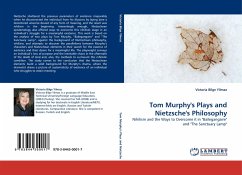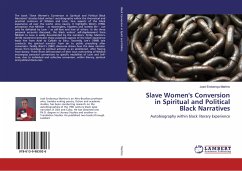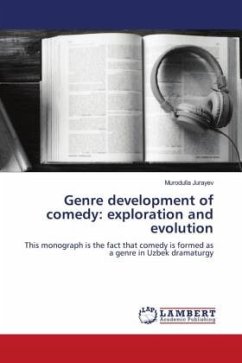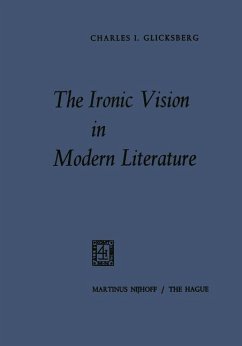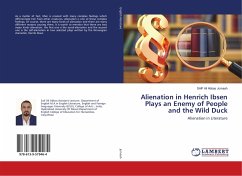Nietzsche shattered the previous parameters of existence irreparably when he disconnected the individual from his illusions by laying bare a decentered universe devoid of any form of meaning, and the result was nihilism in the beginning. Interestingly enough, Nietzschean epistemology also offered ways to overcome this nihilistic stage in an individual's struggle for a meaningful existence. This work is based on the analysis of two plays by Tom Murphy, "Bailegangaire" and "The Sanctuary Lamp", against the background of Nietzschean philosophy, nihilism, and attempts to discover the parallelisms between Murphy's characters and Nietzschean elements in their search for the essence of existence and their desire for a meaningful life. The playwright conveys an individual's loss of purpose and the inevitable chaos in the aftermath of the death of God and, also, the methods to surmount this nihilistic condition. The study comes to the conclusion that the Nietzschean elements build a solidbackground for Murphy's drama, where the dramatist draws a picture of systematicity of existence of an individual who struggles to attain meaning.
Bitte wählen Sie Ihr Anliegen aus.
Rechnungen
Retourenschein anfordern
Bestellstatus
Storno

